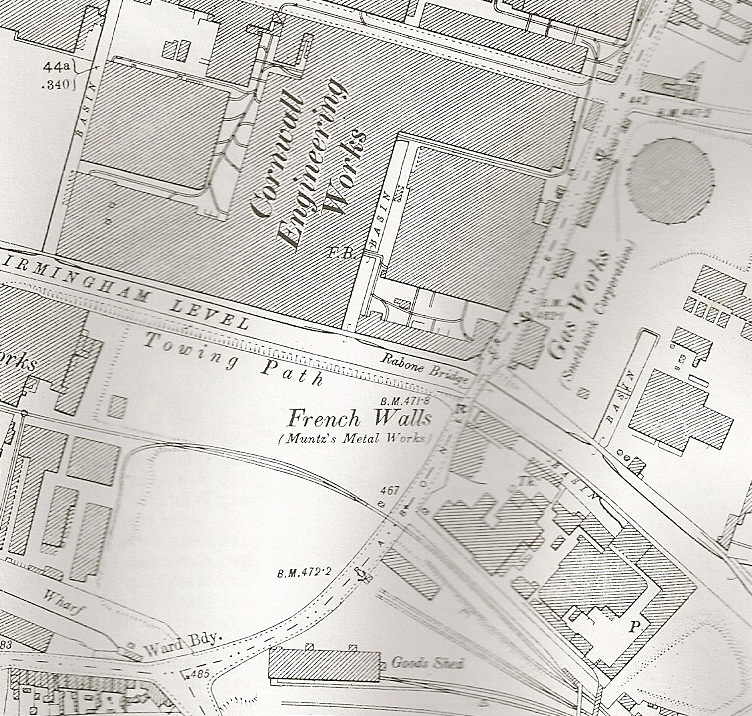Dr Church Gets Some Good Press 1836.
Dr Church's Steam-Coach.
[This is the article introduced in the previous post.]
We have much pleasure in stating that Dr Church has at length completely and satisfactorily accomplished the construction of a steam carriage, in every way suited to run on ordinary roads.
The external appearance of the carriage is made exactly to resemble a stage-coach, and is about the same dimensions. It consists of a frame work with a casing enclosing the boiler and engines; the furnace, fuel-box, water chamber, and condenser, all of which hang upon springs, supported by the running wheels, require no auxiliary tender.
The casing is formed and painted like an ordinary stage-coach, the conductor sits, for the purpose of steering, in the place of a coachman, on the box in front; the engineer who attends the fire and the machinery, and has command of the steam, stands also in front, in an open compartment, below the conductor.
There are seats for the persons on the roof before and behind, as in other stage-coaches; but as this carriage is intended merely to be the locomotive engine for impelling a train of carriages connected to it, the seats upon this are to be considered as of an inferior class.
Some of the most important features of the locomotive carriage as now completed, viz the peculiar construction of the boiler and arrangement of the working parts of the machinery, form portions of the subject of a patent granted to Dr Church, on 16 March 1835; the specification of which, embracing other matters, is too elaborate for insertion in our present number, but will most probably appear in our next.
As several partially successful, but, in our opinion, very unsatisfactory attempts have been made by other persons, to impel carriages on ordinary roads by steam power, we consider it necessary to point out some of the peculiarities in Dr Church's present carriage, which we consider to be its striking features or advantages. — Firstly, though the engines work at high pressure, the eduction steam is so effectually condensed after passing from the working cylinder, that no visible portion of it escapes into the air, but the whole is converted into water, and re-conducted into the boiler in a heated state. Secondly the flues are so constructed and arranged, that no smoke is allowed to escape from the chimney; and the consequences of these two novel features, as regards locomotive engines running on ordinary roads, are very important, viz that neither is there any perceptible noise arising from the discharge of steam, or any offensive effluvia emitted from the combustion, so that the carriage proceeds along the road without, in the slightest degree, attracting the attention of horses which may pass it.
We have only space to say further, that the Birmingham and London Steam-carriage Company [sic], with whom the Doctor is connected in this invention, are perfectly satisfied with the carriage as now completed; and though alterations and slight improvements may and will necessarily be adopted in the future exercise of the plans, yet they deem the present carriage to be so fully effective and satisfactory, that they have advertised for a practical engineer to superintend the erection of a sufficient number of these carriages at their works, exactly according with the model produced.
We understand it to be the intention of the company to establish three stations between London and Birmingham for their trains of carriages to halt at, and to supply a fresh locomotive engine at each station, in order that the engines, after running about twenty-six miles, may be severally examined, and such little matters as cleaning, oiling, and adjusting parts attended to: which arrangement will avoid subjecting passengers to the inconvenience of delay, and tend greatly to prevent accidents.
We have only to add, that having witnessed the manner in which this carriage performs its duty on the public road, we have no hesitation in saying that we are now satisfied that steam may be safely, and, we believe, economically, employed, in connection with Dr Church's improved machinery, as an effective substitute for horses, in the ordinary transit of stage-coach passengers on all the turnpike roads in the kingdom.


